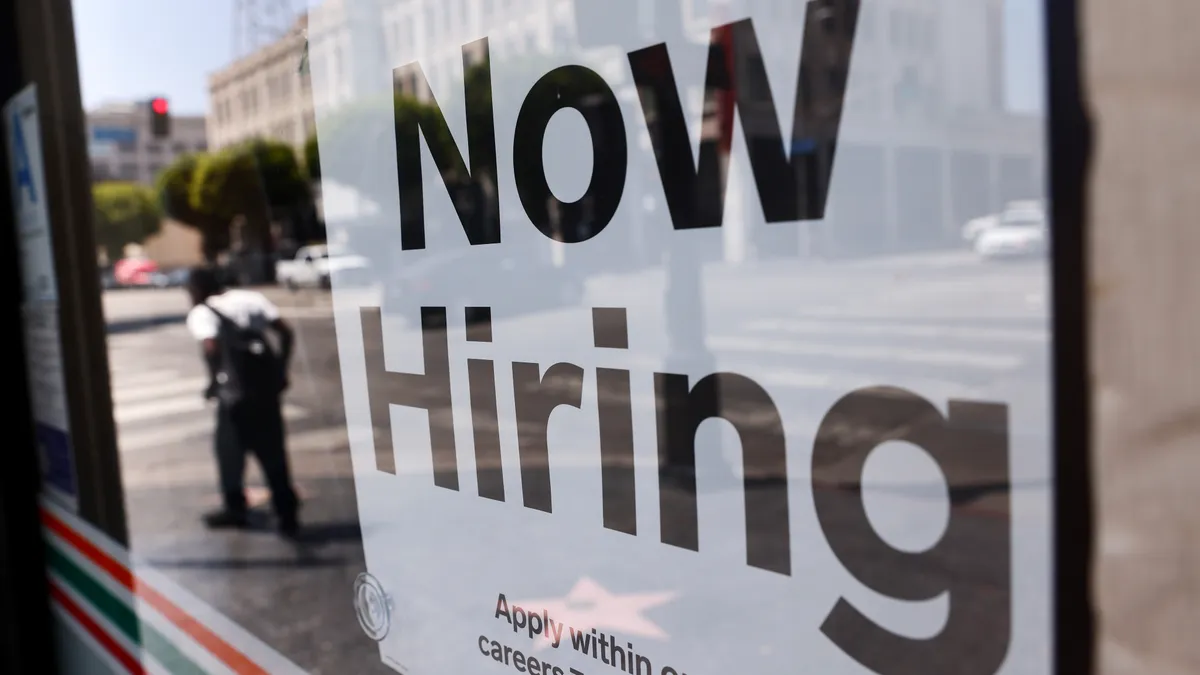Labor, employee classification and pay laws can be tricky topics for convenience store owners.
In January, 7-Eleven prevailed against four franchisees who believed they should be classified as employees under California law. It also won a similar lawsuit in 2022 in Massachusetts, though the attorney general submitted an amicus brief with the U.S. Court of Appeals suggesting the judge did not correctly apply Massachusetts law.
On the wages side, 7-Eleven settled two lawsuits over missed meal breaks for $1.2 million in March, while Casey’s General Stores is facing two lawsuits accusing the retailer of having employees work off the clock or editing timecards to reduce hours.
Adding to the potential for errors, the Biden administration has proposed changes for the U.S. Department of Labor’s Independent Contractor Rules that could go into law this year. The Department of Labor is also expected to attempt to update overtime rules later this year.
Wage and hour cases are some of the fastest-growing categories of lawsuits in the U.S., Marty Heller, partner for law firm Fisher Phillips, said during a recent NACS webinar. They can also be expensive, since successful plaintiffs can be awarded their back pay, plus liquidated damages and attorney’s fees, and plaintiffs don’t have to prove intent, just a breach of the rules, Heller said.
“To a plaintiff's attorney, it's a pretty promising case if they think there's any potential for recovery,” Heller said.
He also noted that the internet has made it easier for employees to check laws themselves, leading to an increase in such suits. All this makes it more vital than ever to stay on top of the rules and potential changes.
Employees vs. contractors
The blurry line between employees and independent contractors came to the forefront with ride-hailing services like Uber and Lyft. But as the lawsuits against 7-Eleven point out, it can be important for convenience retailers to understand the differences between these classifications.
The U.S. Department of Labor looks mainly at two factors: the nature and degree of control the person has over their work, and their opportunity for profit and loss. If those two factors point in one direction or the other, that’s likely the correct classification. Three other factors — the skill level of the work, how permanent the working relationship is and and if the job is “part of an integrated unit of production” — carry less weight.

The Biden administration’s proposed rule takes what it calls a “totality-of-the-circumstances” approach, which means that instead of some factors counting more than others towards a determination, all the factors would count equally to offer a better view of the economic realities of the relationship.
“They basically said in the preamble, if you're not running your own business, you can't advertise, negotiate the price for jobs, take more, take less jobs, and then go spend money to make more money, then they don't think you're an independent contractor, but instead an employee,” said Heller.
He also noted that this is just the federal-level rule. States may have their own rules, which store owners should also be aware of. And they should make it clear when structuring contracts what the relationship is to save future headaches.
“As you draft consulting agreements and contracts, service agreements, it's going to be more important now than ever to ensure that you can point to language that shows that the folks that you're engaging to provide these services had an any number of other options,” said Steven M. Bernstein, managing partner for Fisher Phillips.
Overtime and wages
While overtime regulations have not yet been publicly outlined, the biggest change is expected to be the pay threshold over which salaried employees can be exempt from overtime.
Currently, exempt employees must do work in the administrative, professional, executive, computer or outside sales fields and be paid a salary of at least $35,568 annually.
“We know that they are going to propose an increase to the salary basis,” Heller said. “We don't know the salary level. We don't know exactly what that number is going to be. But currently prognosticators are estimating low 40s.”
While the list of duties exempt employees can do may also be affected, he said changes there should be minor if they exist, since major changes could lead to legal challenges.
If the change does happen, Heller notes that employers need to look at the workers who would lose their exemption under the higher threshold and make sure they understand how many hours those people work, and how often they’re working overtime.
In some cases it may make sense to increase their pay to keep them exempt, but in others, it may make more sense to give them the overtime. But he noted that companies need to be thoughtful about how they approach that change.
“There are plenty of times when there's a morale issue caused by that declassification from exempt, and nonexempt people typically view themselves … as exempt for a reason,” Heller said. “They don't enjoy the reclassification to nonexempt, so you just have to make sure you have a good method of communicating the reason.”




















